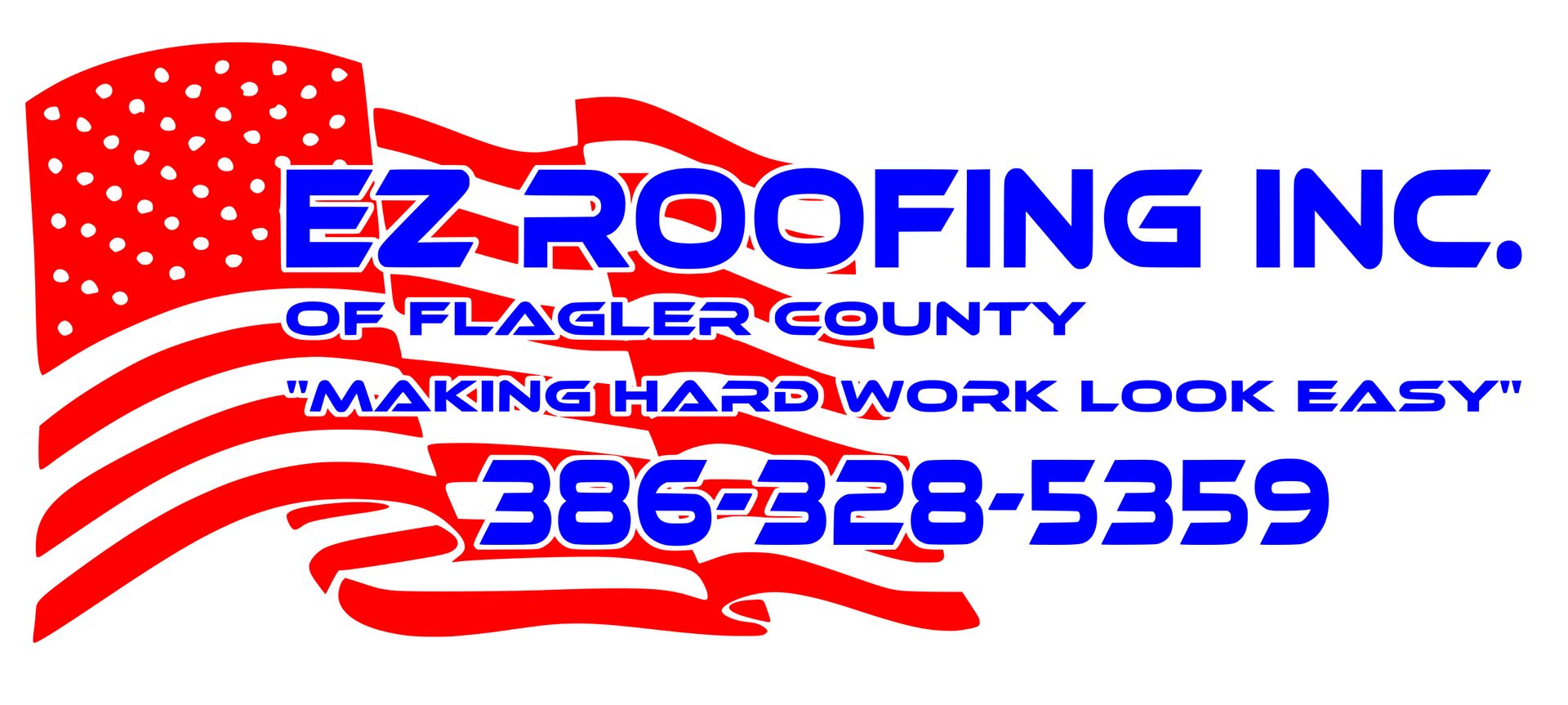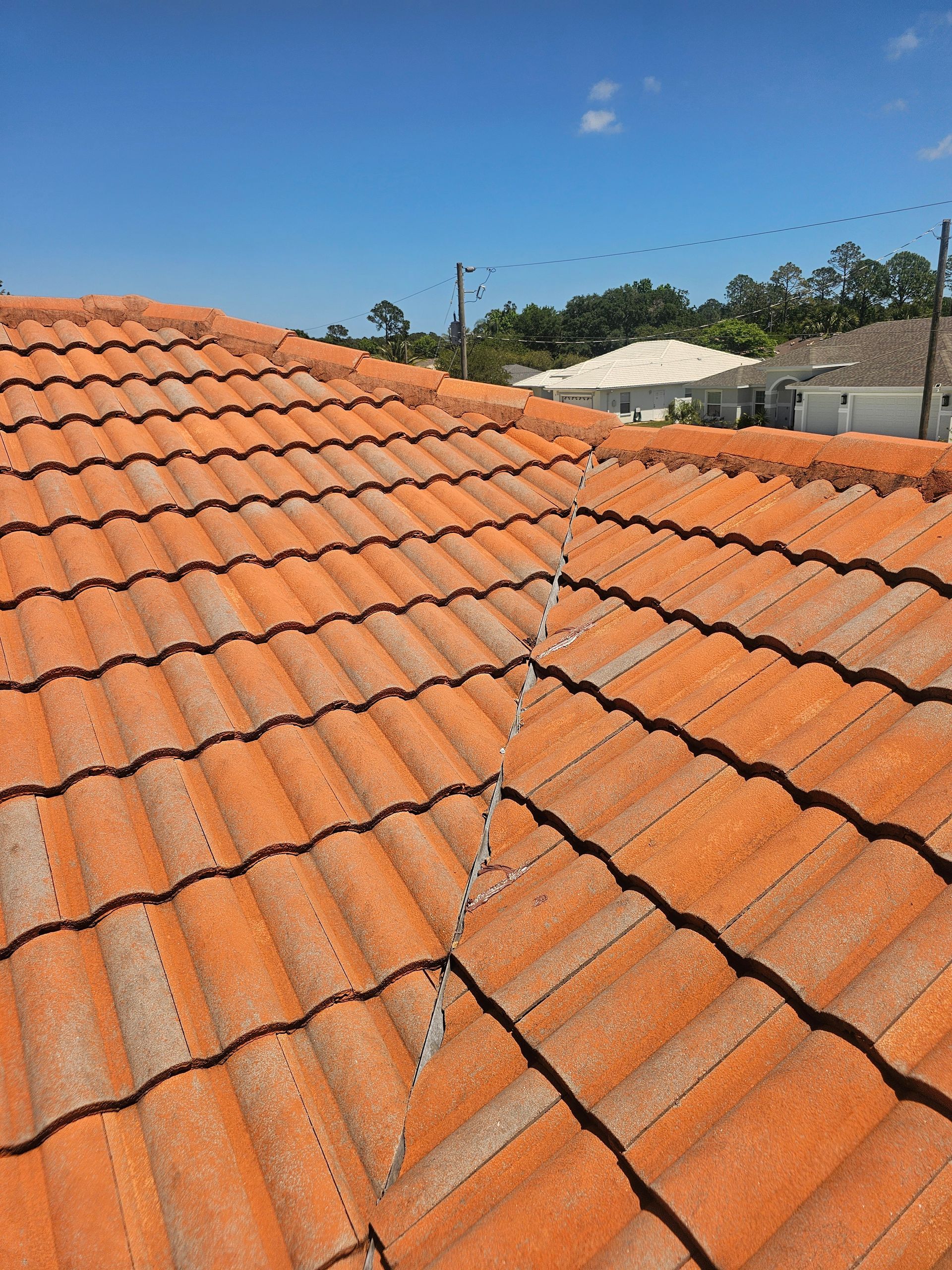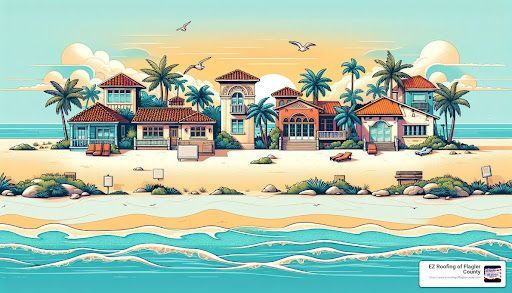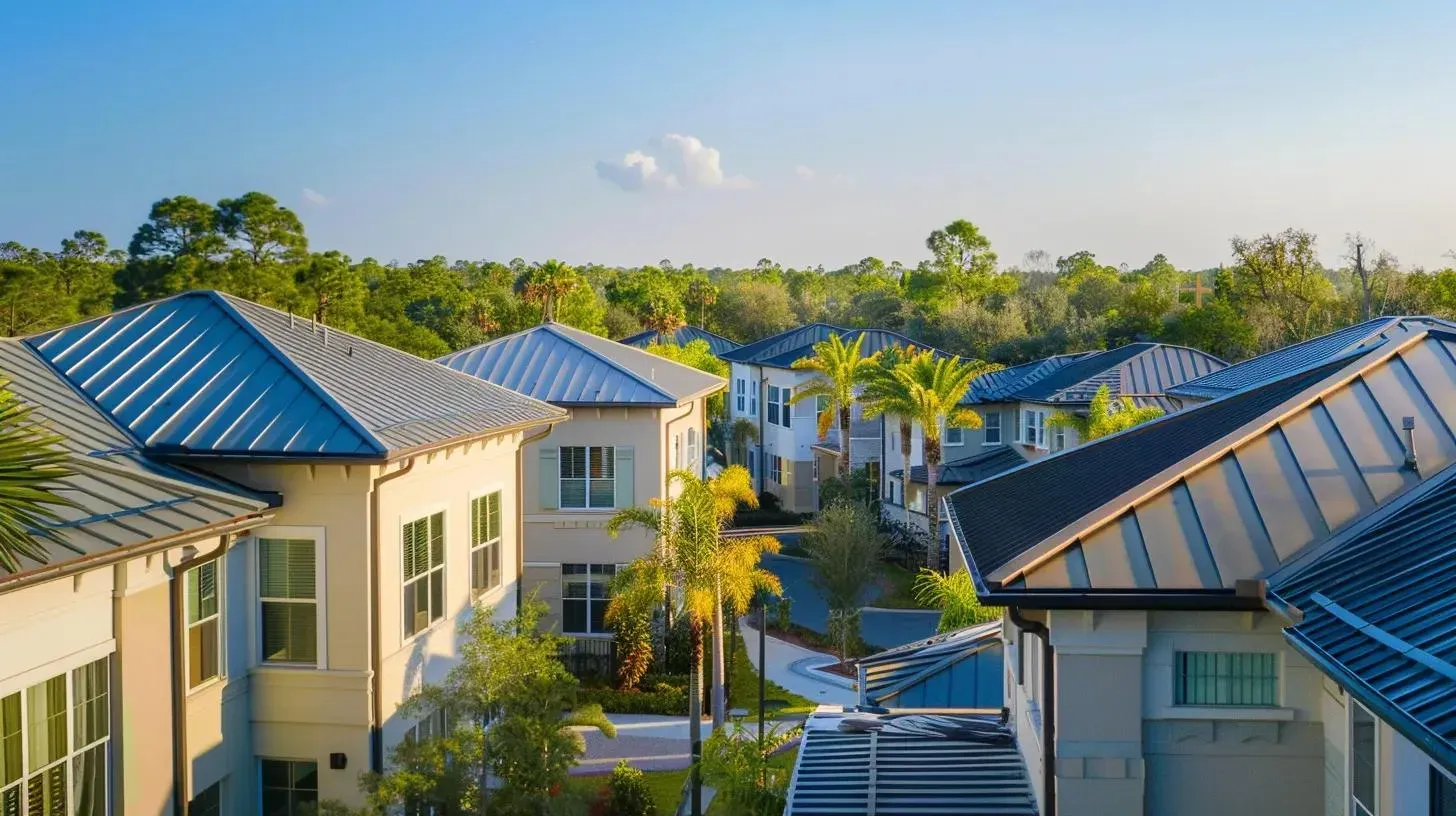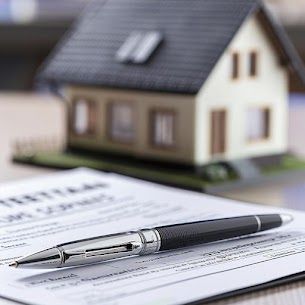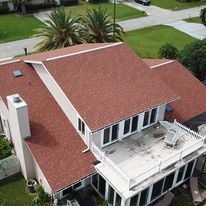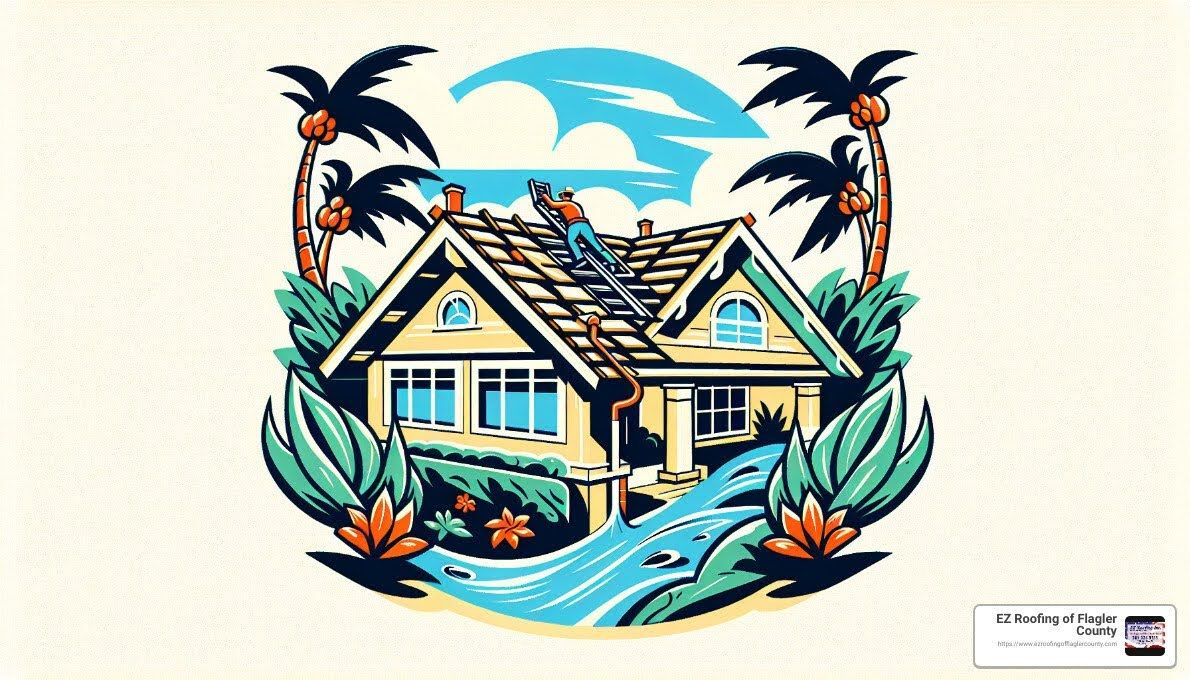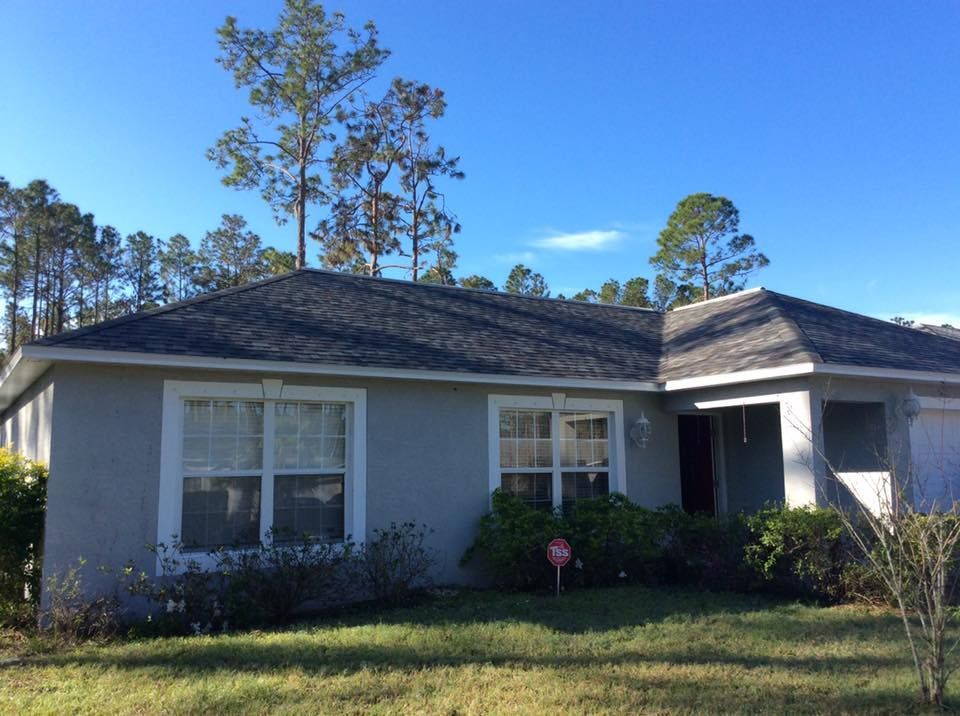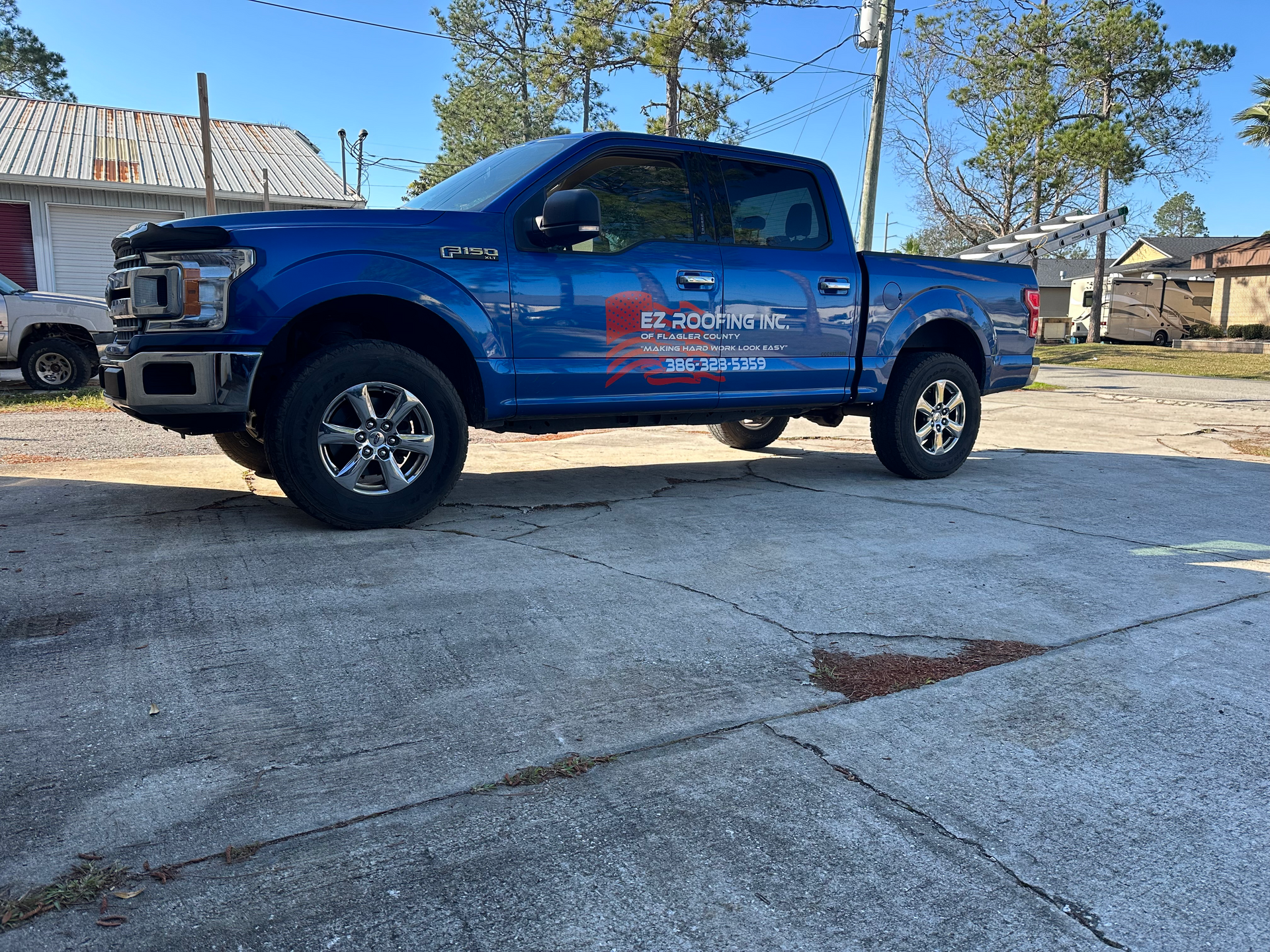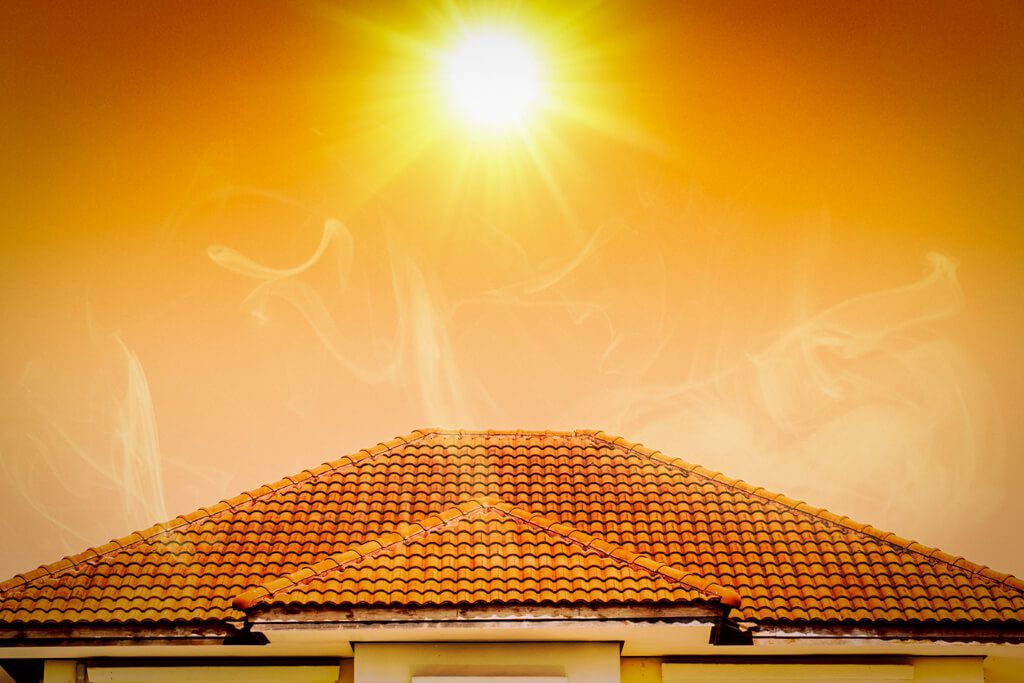Palm Coast Roofing Materials: Your Guide to Choosing and Protecting Your Home
Palm Coast Roofing Materials: Your Guide to Choosing and Protecting Your Home

Selecting the right roofing material in Palm Coast is essential for shielding your home from powerful hurricane winds, salty air, and relentless sun. This guide breaks down the performance, cost, energy efficiency, and upkeep for asphalt shingles, metal panels, tile systems, and cool-roof options, all tailored for Palm Coast’s unique coastal environment. We’ll also cover local building regulations, smart budgeting, maintenance tips for coastal resilience, and how to pick the best contractor. EZ Roofing of Flagler County brings its local expertise in hurricane-resistant installations and energy-saving roofs to guide every recommendation.
What Are the Top Roofing Materials for Palm Coast Homes?
In Palm Coast, your roofing choices span from budget-friendly asphalt shingles to high-end clay tiles, each offering a distinct blend of durability, style, cost, and energy performance. Asphalt shingles are a popular choice for their affordability and straightforward installation. Metal roofing stands out for its long-lasting resilience and reflective properties. Clay or concrete tiles provide exceptional longevity and a classic architectural look. Additionally, cool-roof coatings can boost heat reflection on any material, helping to lower attic temperatures and energy bills. These options form the basis for choosing a roofing system that best suits the challenges of our climate and your personal priorities.
Which Roofing Materials Stand Up Best to Palm Coast’s Climate?
Metal roofing offers exceptional durability, resisting UV damage, salt corrosion, and wind uplift, often lasting over 50 years. Concrete and clay tiles provide robust protection against impacts and maintain their integrity even in hurricane-force winds. For asphalt shingles, those rated for high-wind zones can endure moderate storms for 20–25 years when installed correctly. Understanding the wind and corrosion resistance ratings for each material helps homeowners make informed decisions for Palm Coast’s coastal conditions.
Hurricane-Resistant Residential Structures in Florida: Construction Strategies and Cost Analysis Rapolu, Sainath. *Hurricane Resistant Residential Structures in Florida: Construction Strategies and Cost Analysis*. The Florida State University, 2023. ProQuest Dissertations & Theses, 30526834.Design of Hurricane Resistant Residential Structure in Florida: Construction Strategies for Alleviation and Cost Analysis, Unknown Author, 2023
How Do Asphalt Shingles Measure Up Against Metal and Tile Roofing in Palm Coast?
Asphalt shingles offer a balance of affordability and a lifespan of about 20–25 years. Metal and tile roofing, on the other hand, provide greater longevity and superior performance during storms. Metal panels often come with reflective coatings that reduce heat absorption, while tile systems boast Class 4 impact ratings, offering excellent protection against wind and hail. Homeowners typically weigh the initial cost, expected replacement timeline, and ongoing maintenance needs when deciding between these three main options.
Material
Typical Lifespan
Approximate Cost (per ft²)
Asphalt Shingles
20–25 years
$4–$5
Standing Seam Metal Roofing
40–70 years
$7–$12
Concrete or Clay Tile Roofing
30–50 years
$8–$10
What Are the Most Energy-Efficient Roofing Options for Florida’s Coast?
Cool roof coatings and reflective metal panels work by bouncing solar radiation away, which helps keep your attic cooler and lowers your energy bills. Lighter-colored concrete or clay tiles also contribute to passive cooling by reflecting sunlight and allowing for better airflow. These energy-saving roofing solutions help maintain comfort year-round in Palm Coast’s heat and humidity while supporting environmental sustainability.
How Does Palm Coast’s Climate Influence Roofing Material Choices?
Palm Coast’s coastal climate, characterized by high humidity, salty air, and frequent hurricane threats, significantly impacts how roofing materials perform and how long they last. Moisture can encourage mold growth on porous surfaces, and airborne salt can speed up corrosion on untreated metals. Strong winds create uplift forces that require specialized installation and impact-resistant materials. Understanding these environmental factors is key to selecting a roof that will stand up to coastal living.
What Are the Impacts of Humidity, Salt Spray, and Hurricanes on Roof Materials?
High humidity can lead to biological growth on shingles and tiles, causing them to wear out faster. Salt spray accelerates the oxidation process on metal panels that aren’t specifically treated for marine conditions. Hurricanes bring extreme wind forces and debris impacts, making wind-rated and
impact-tested materials crucial for maintaining your roof’s integrity during severe weather.
Florida's Hurricane-Resistant Design: Coastal Building Codes and Wind PressuresHigh velocity pressures are mandated by the Sanibel Island and Florida Building Codes due to the Coastal Building Code specifying distinct wall pressure coefficients for various zones.Florida's approach to hurricane-resistant design and construction, Unknown Author, 1989
Which Roofing Materials Offer the Best Hurricane Resistance in Palm Coast?
Materials with a Class 4 impact resistance rating, such as interlocking concrete tiles and standing seam metal panels, provide excellent protection against wind uplift and hail. Impact-resistant asphalt shingles that meet UL 2218 standards also enhance resilience. Choosing products with recognized wind and impact certifications is the best way to ensure your home’s safety during severe weather events.
Hurricane-Resistant Home Construction: Roof Geometry and Architectural DesignIn terms of geometry, hip roofs appear to offer superior performance compared to gable roofs...Hurricane-resistant construction for homes, Unknown Author, 1976
How Do Building Codes Affect Roofing Material Choices in Palm Coast?
The Florida Building Code, especially requirements for High-Velocity Hurricane Zones, mandates specific testing for wind uplift resistance, approved fastening methods, and certified roof systems. Homeowners must select materials and installation techniques that comply with these regulations to ensure their projects receive permits and pass final inspections, meeting local
coastal construction standards.
What Is the Cost of Different Roofing Materials in Palm Coast?
Roofing costs in Palm Coast can vary depending on the material chosen, the complexity of your roof’s design, labor rates, and permit fees. A well-planned budget should account for both the initial investment and the long-term value, considering the material’s lifespan, maintenance needs, and potential energy savings. Understanding these cost factors helps homeowners make informed decisions for their roof replacement projects.
How Do Material, Labor, and Permitting Fees Impact Roofing Costs?
The price of materials sets the baseline cost. Labor expenses increase with the complexity of the installation, such as for steep roof pitches or intricate designs. Local permitting fees also add to the overall expense, varying by roof size and type. Considering all these elements provides a clearer picture of the total project investment and allows for more accurate cost comparisons.
What Are the Typical Price Ranges for Asphalt, Metal, and Tile Roofs in Palm Coast?
In the Palm Coast area, homeowners can expect asphalt shingle installations to cost around $4–$5 per square foot, metal roofing from $7–$12 per square foot, and concrete or clay tile systems between $8–$10 per square foot. These ps reflect typical material, labor, and local permitting costs as of late 2025.
How Can Homeowners Budget for Long-Term Roofing Maintenance and Repairs?
Setting aside an annual maintenance fund, typically 1–2 percent of the roof replacement cost, can cover routine inspections, cleaning, and minor repairs. Proactive budgeting for tasks like reapplying sealant on metal panels or checking the underlayment beneath tiles can extend the roof’s lifespan and prevent
costly issues in coastal conditions.
How Can You Maintain Your Roof for Maximum Lifespan in Palm Coast’s Coastal Environment?
Implementing regular maintenance practices specific to your roofing material is key to preventing premature wear and ensuring optimal performance in humid, salty, and windy conditions. Scheduled inspections, thorough cleaning, and prompt repairs are the foundation of a maintenance plan focused on
long-term durability.
What Are the Best Maintenance Practices for Asphalt, Metal, and Tile Roofs?
For asphalt shingles, regularly removing debris and cleaning off mildew helps prevent granule loss and water intrusion. Metal panels benefit from periodic reapplication of protective coatings and checks on seals around any roof penetrations. Tile systems require resetting any loose tiles, clearing debris from beneath them, and verifying the integrity of the underlayment to maintain a watertight seal.
How Should You Get Your Roof Ready for Hurricane Season in Palm Coast?
Securing any loose shingles or panels, reinforcing flashing, trimming back overhanging tree branches, and installing approved hurricane straps can significantly reduce the risk of wind uplift. Conducting a thorough inspection before the season begins to identify potential weak spots and making any necessary minor repairs will ensure your roofing system is prepared for storm conditions.
What Are Common Signs of Roof Damage in Coastal Florida Homes?
Look for telltale signs of wear such as bald spots where granules are missing on shingles, rust appearing on metal roofing, cracked or displaced tiles, and sagging edges of the roof. Catching these early warning signs during routine checks allows for quick repairs before leaks or more serious structural problems develop.
How Do You Select the Right Roofing Contractor in Palm Coast?
Choosing a qualified roofing professional involves verifying their local licenses, insurance coverage, and proven experience with coastal roofing projects. Partnering with an installer who understands Palm Coast’s specific climate and building code requirements ensures a compliant and high-quality roof installation.
What Questions Should You Ask About Roofing Materials and Installation?
When speaking with contractors, ask about specific material brands, their wind uplift ratings, the installation techniques they use for coastal protection, and the details of their warranties. Inquire how their proposed methods align with Palm Coast’s standards for humidity, salt exposure, and hurricane mitigation to ensure the specifications are appropriate.
How Do Local Building Codes and Permits Affect Contractor Selection?
It’s important to select a contractor who is well-versed in Palm Coast’s permitting process and the Florida Building Code’s mandates for wind resistance and material approvals. Confirm that your chosen installer will handle all necessary permit applications and final inspections to guarantee the project is completed in accordance with all codes.
Where Can You Find Trusted Roofing Professionals in Palm Coast?
You can find reputable local installers through builder associations, state-certified roofing directories, and by looking for positive homeowner reviews within Flagler County. Referrals from neighbors and evidence of past hurricane-resistant projects can also provide confidence in a contractor’s reliability.
Homeowners who carefully consider roofing material options in light of Palm Coast’s climate challenges and building regulations can achieve durable, energy-efficient roofs designed for coastal living. Working with an experienced local contractor ensures the right materials are chosen, codes are followed, and the installation is top-notch. EZ Roofing of Flagler County combines expertise in hurricane-resistant solutions with innovative cool-roof technologies to protect your home and maximize energy savings. Contact us for a free consultation and let us help safeguard your Palm Coast residence today.
Ready to work with EZ Roofing of Flagler County?
Let's connect! We’re here to help.
Send us a message and we’ll be in touch.
Or give us a call today at (386)328-5359
